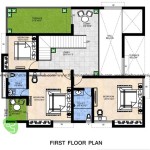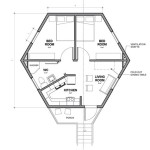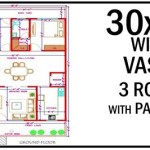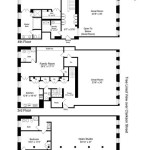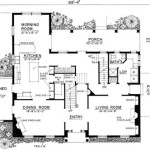Essential Aspects of Planning for House Construction
Planning for house construction is an intricate process that requires careful consideration and preparation to ensure a successful outcome. By meticulously addressing each crucial aspect, homeowners can lay a solid foundation for their dream home and navigate the challenges that may arise along the way.
Site Selection
The location of your future home is paramount. Factors to consider include proximity to amenities, access to transportation, soil conditions, potential environmental hazards, and local zoning regulations. Thoroughly research potential sites before making a decision.
Budget and Financing
Establishing a realistic budget is essential. Consider not just the construction costs but also expenses related to land purchase, permits, utilities, and landscaping. Explore various financing options, such as mortgages, construction loans, and government assistance programs, to determine the most suitable solution for your financial situation.
Design and Functionality
The design of your home should align with your lifestyle and preferences. Consult with an architect or designer to create a floor plan that optimizes space utilization, natural light, and curb appeal. Consider the number and size of rooms, storage options, energy efficiency, and any specific features you desire.
Building Materials and Methods
Selecting the right building materials and construction techniques is crucial for the durability, longevity, and cost-effectiveness of your home. Explore various options, such as wood, concrete, and steel, and consider factors like insulation, weather resistance, and maintenance requirements.
Permits and Approvals
Obtaining necessary permits and approvals is essential to ensure compliance with building codes and regulations. This typically involves submitting plans to local authorities for review and approval. Allow ample time for this process to avoid delays in construction.
Contractor Selection
Choosing the right contractor is paramount. Conduct thorough research, check references, and consider their experience, reputation, and communication style. A reputable contractor will guide you through the construction process smoothly and ensure the quality and timeliness of the work.
Construction Timeline and Management
Establishing a realistic construction timeline and effectively managing the process are essential to avoid delays and keep the project on track. Work closely with your contractor to create a detailed schedule and monitor progress regularly. Regular communication and timely decision-making are crucial to ensure a successful outcome.
Inspections and Quality Control
Regular inspections throughout the construction process ensure that the work meets building codes and standards. Hire a qualified inspector to conduct independent evaluations and provide detailed reports on the progress and any necessary corrections.
Move-In and Post-Construction
Upon completion of construction, a final inspection is recommended to ensure that all aspects of the home are satisfactory. Document any outstanding items or punch list items to be addressed promptly. Allow yourself time to settle in and explore the home's functionality before making any major changes.

Small House Design 2024001 Pinoy Eplans Floor Plans

Top 50 Amazing House Plan Ideas Budget Plans Bungalow Floor Simple

Diffe Types Of Building Plans The Constructor

House Plans Home Residential

House Plan Before Starting Construction You Need A Good Map That Fits For Your Requirement And Arquitetura Casas

How To Read House Plans Floor Building In 10 Minutes Archid

You Ve Decided To Build A House Now What The Designers

2d House Floor Plan At Rs 4 Sq Ft In Hyderabad

Modern House Plans By Gregory La Vardera Architect 3030 Construction Begins

House Plans How To Design Your Home Plan

